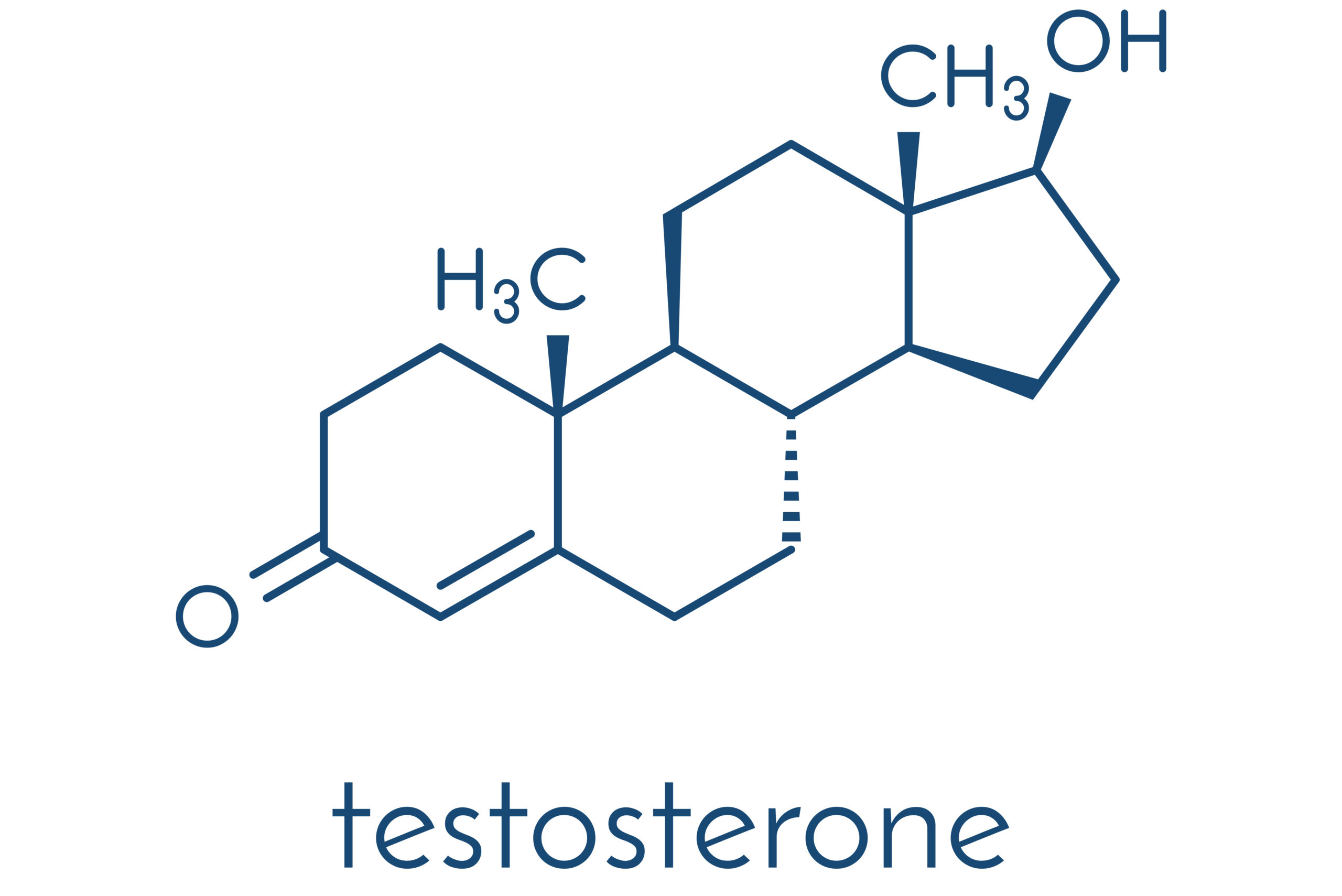TESTOSTERONE REPLACEMENT THERAPY IN LEXINGTON KENTUCKY
Best Testosterone Replacement Therapy in Lexington, KY.
What Is Testosterone Replacement Therapy?
Testosterone is a male steroid hormone that does a lot more for men than just promote a healthy sex drive. The hormone affects other factors in your health, including body fat, muscle mass, bone density, red blood cell count, and mood.
Normal testosterone levels are between 300 and 1,000 ng/dLTrusted Source. There is also a wide variation of what is considered normal free testosterone for age. Free testosterone is the active form of testosterone and an optimal level of free testosterone is crucial for both men and women’s health. Testosterone like is a controlled substance and like all other drugs can cause serious side effects if not prescribed or monitored closely; it is a very useful therapy in expert hands. At the Anti-Aging Institute in Lexington, KY, we tailor each treatment to your individual needs to optimize your health, function, and vitality; we don’t have one protocol that fits all mentality. Dr. Bacha may suggest testosterone replacement therapy as part of your treatment plan if he believes that it would be beneficial to your overall health and quality of life.
What Are The Benefits Of Testosterone Replacement Therapy?
Many men report improvement in energy level, sexual functionality, and quality of erections. Testosterone also increases bone density, muscle mass, and insulin sensitivity in some men. Men also often report an improvement in mood from testosterone replacement therapy.
Testosterone replacement therapy is available in several forms. However, they need to be taken wisely. This is why any over-dosage or low-dosage may harm your body. Therefore, at the Anti-Aging Institute located in Lexington, KY, all testosterone treatments are customized and closely monitored by Dr. Bacha for optimal results.
Frequently Asked Questions
What Are The Symptoms Of Low Testosterone?
The symptoms of low testosterone are sometimes obvious. However, they also can be subtle. Testosterone levels decline naturally in men as they age over the decades. Certain conditions can also lead to an abnormally low level. It may also contribute to declining growth hormone production as well.
- Low sex drive (libido)
- Erectile dysfunction
- Fatigue and poor energy level
- Decreased muscle mass
- Body and facial hair loss
- Difficulty concentrating
- Depression
- Impatience
- Low sense of well-being
Men with low testosterone levels may notice a gradual development of symptoms over time. This is related to the decrease in your body producing testosterone and progesterone.
What Are Some Forms Of Testosterone Supplements?
Skin Patch
Androderm is a skin patch worn on the arm or upper body.
Gels
Testosterone is absorbed directly through the skin when you apply the gel.
Mouth patch
Dr. Bacha applies a tablet that sticks to the upper gums above the incisor. Moreover, it continuously releases testosterone into the red blood cells through the oral tissues.
Injections and implants
Testosterone can also be injected directly into the muscles, or implanted as pellets in the soft tissues. Your body will slowly absorb the testosterone into the bloodstream.
Why not a simple testosterone pill? Oral testosterone is available. However, Dr. Bacha believes oral testosterone can have negative effects on the liver. Therefore, using methods such as skin patches, gels, orally disintegrating tablets, or injections are best. These methods bypass the liver and get testosterone into the blood directly.
What Are Some Side Effects Of Testosterone Replacement Therapy?
Testosterone replacement therapy side effects most often include rash, itching, or irritation at the site where the testosterone is applied.
Benign prostatic hypertrophy
The prostate grows naturally under the stimulation of testosterone. For many men, their prostates grow larger as they age, squeezing the tube carrying urine (urethra). The result is difficulty urinating. However, this condition, benign prostatic hypertrophy, can be made worse by testosterone therapy.
Prostate Cancer
Testosterone replacement therapy can stimulate prostate cancer to grow. Most experts recommend screening for prostate cancer before starting testosterone replacement. Men with prostate cancer or elevated prostate-specific antigen should probably avoid testosterone treatment.
Sleep Apnea
This condition can be worsened by testosterone replacement therapy. It may be difficult for a man to detect this himself, but his sleeping partner can often tell. A sleep study may be needed to make the diagnosis.
Blood Clots
The FDA requires that testosterone replacement products carry a warning about the risk of blood clots in veins. This can increase the risk of DVT and pulmonary embolism, a potential clot that occurs in the lungs.
Congestive Heart Failure
Men with severe congestive heart failure should usually not take testosterone replacement, as it can worsen the condition.
Diagnosing Low Testosterone
Some men may want to diagnose themselves with low testosterone. The problem with self-diagnosis is that many of the symptoms of low-T are normal parts of aging. Therefore, using them for diagnosis isn’t reliable. Dr. Bacha runs a testosterone level test to find out if your testosterone levels are too low.
Dr. Bacha always takes a thorough health history and does a physical exam to understand your medical condition better. He also measures your testosterone levels through a blood test. Dr. Bacha will likely run a test that measures your red blood cell count as well. Testosterone replacement therapy can increase your red blood cell count. Therefore, Dr. Bacha recommends this test to make sure you aren’t at risk of a dangerous increase in these cells.
Does Insurance Cover The Treatment?
Unfortunately, no insurance company pays for plasma treatment. Like most of the procedures that are performed at the Anti-Aging Institute, these type of procedures are considered experimental and cutting edge; furthermore, the safety and efficacy of plasma-related procedures has not been established by the FDA. However, there have been several studies regarding the safety and efficacy of this type of treatment, along with plenty of testimonials on how safe and effective the procedure is.
Does The Anti-Aging Institute Offer Free Consultation?
All consultations at the Anti-Aging Institute are free of charge and there is no obligation. Here, at the Anti-Aging Institute, we believe in our vision and mission to help each and every patient achieve maximum benefits without any pressure to undergo any treatment they do not feel comfortable with.
Our consultations are done in a professional and confidential manner. Dr. Bacha will answer all questions and explain the procedure in detail along with risks and benefits. You will never be pressured to purchase or schedule any services.

